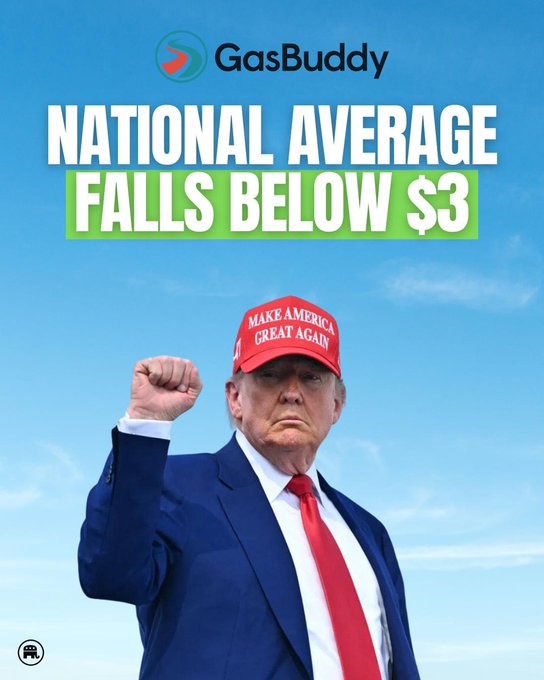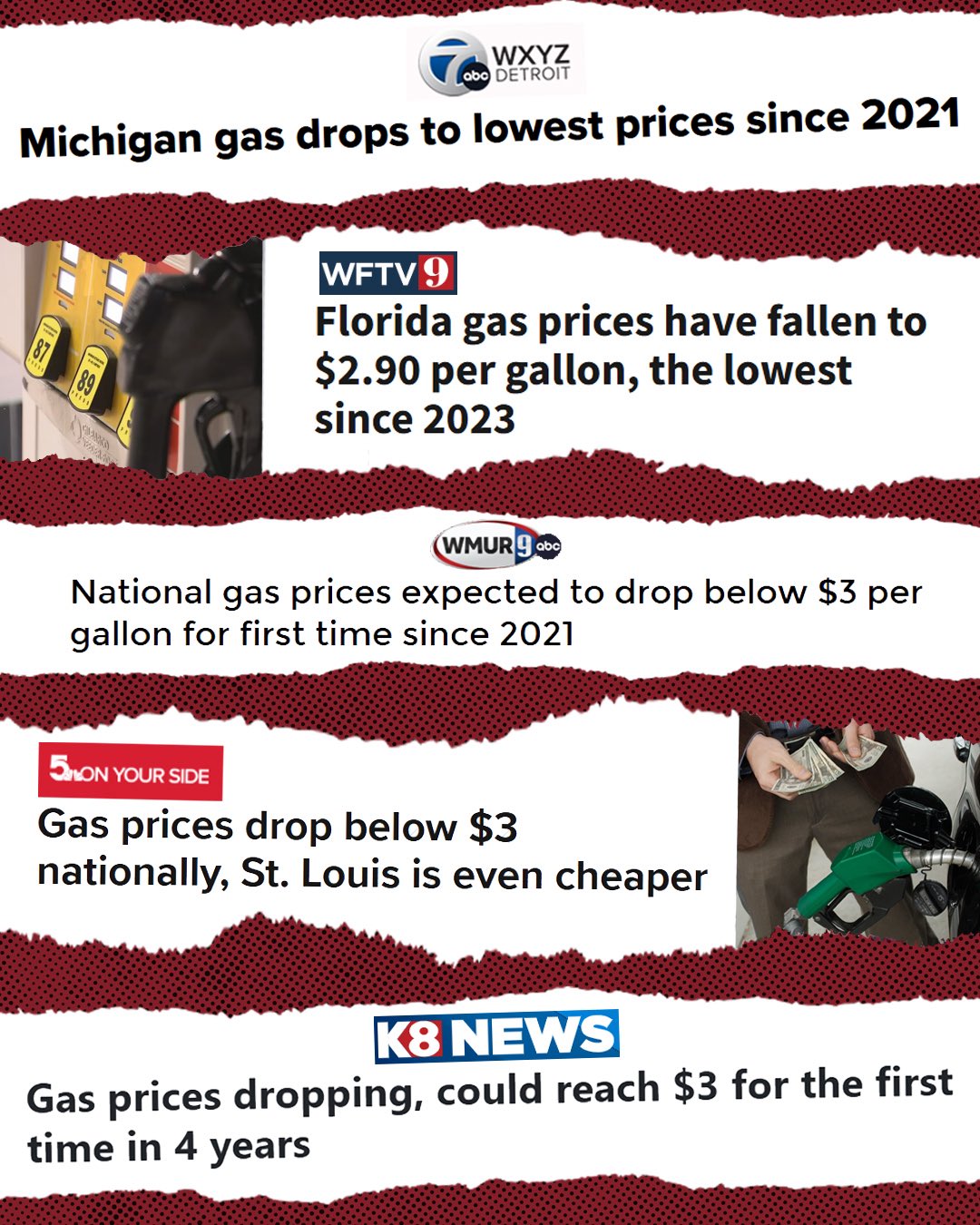You are using an out of date browser. It may not display this or other websites correctly.
You should upgrade or use an alternative browser.
You should upgrade or use an alternative browser.
I voted for this!
- Thread starter Diogenes
- Start date
Tbird19482
Verified User
I know.This is Trump's second term, and Biden is out of office. He has cancer. Maybe you didn't know.
Here is US oil production .
[td width="auto"]
2017
[/td][td width="auto"]
[/TR]8,875
[/td][td width="auto"]9,097
[/td][td width="auto"]9,168
[/td][td width="auto"]9,105
[/td][td width="auto"]9,189
[/td][td width="auto"]9,113
[/td][td width="auto"]9,260
[/td][td width="auto"]9,262
[/td][td width="auto"]9,513
[/td][td width="auto"]9,667
[/td][td width="auto"]10,086
[/td][td width="auto"]9,987
[/td][TR]
[td width="auto"]
2018
[/td][td width="auto"]
[/TR]10,000
[/td][td width="auto"]10,263
[/td][td width="auto"]10,467
[/td][td width="auto"]10,493
[/td][td width="auto"]10,432
[/td][td width="auto"]10,641
[/td][td width="auto"]10,903
[/td][td width="auto"]11,396
[/td][td width="auto"]11,444
[/td][td width="auto"]11,508
[/td][td width="auto"]11,892
[/td][td width="auto"]11,951
[/td][TR]
[td width="auto"]
2019
[/td][td width="auto"]
[/TR]11,873
[/td][td width="auto"]11,653
[/td][td width="auto"]11,912
[/td][td width="auto"]12,144
[/td][td width="auto"]12,151
[/td][td width="auto"]12,222
[/td][td width="auto"]11,907
[/td][td width="auto"]12,488
[/td][td width="auto"]12,596
[/td][td width="auto"]12,809
[/td][td width="auto"]12,998
[/td][td width="auto"]12,983
[/td][TR]
[td width="0px"]
[/TR]
[/td][TR]
[td width="auto"]
2020
[/td][td width="auto"]
[/TR]12,865
[/td][td width="auto"]12,864
[/td][td width="auto"]12,805
[/td][td width="auto"]11,918
[/td][td width="auto"]9,723
[/td][td width="auto"]10,450
[/td][td width="auto"]11,014
[/td][td width="auto"]10,600
[/td][td width="auto"]10,963
[/td][td width="auto"]10,492
[/td][td width="auto"]11,225
[/td][td width="auto"]11,188
[/td][TR]
[td width="auto"]
2021
[/td][td width="auto"]
[/TR]11,156
[/td][td width="auto"]9,931
[/td][td width="auto"]11,376
[/td][td width="auto"]11,355
[/td][td width="auto"]11,425
[/td][td width="auto"]11,401
[/td][td width="auto"]11,420
[/td][td width="auto"]11,318
[/td][td width="auto"]10,961
[/td][td width="auto"]11,640
[/td][td width="auto"]11,871
[/td][td width="auto"]11,760
[/td][TR]
[td width="auto"]
2022
[/td][td width="auto"]
[/TR]11,451
[/td][td width="auto"]11,465
[/td][td width="auto"]11,888
[/td][td width="auto"]11,830
[/td][td width="auto"]11,758
[/td][td width="auto"]11,919
[/td][td width="auto"]12,009
[/td][td width="auto"]12,134
[/td][td width="auto"]12,429
[/td][td width="auto"]12,442
[/td][td width="auto"]12,493
[/td][td width="auto"]12,202
[/td][TR]
[td width="auto"]
2023
[/td][td width="auto"]
[/TR]12,640
[/td][td width="auto"]12,621
[/td][td width="auto"]12,867
[/td][td width="auto"]12,734
[/td][td width="auto"]12,732
[/td][td width="auto"]12,787
[/td][td width="auto"]12,912
[/td][td width="auto"]12,999
[/td][td width="auto"]13,178
[/td][td width="auto"]13,213
[/td][td width="auto"]13,316
[/td][td width="auto"]13,297
[/td][TR]
[td width="auto"]
2024
[/td][td width="auto"]
[/TR]12,517
[/td][td width="auto"]13,129
[/td][td width="auto"]13,190
[/td][td width="auto"]13,314
[/td][td width="auto"]13,256
[/td][td width="auto"]13,252
[/td][td width="auto"]13,212
[/td][td width="auto"]13,411
[/td][td width="auto"]13,171
[/td][td width="auto"]13,530
[/td][td width="auto"]13,396
[/td][td width="auto"]13,437
[/td][TR]
[td width="0px"]
[/TR]
[/td][TR]
[td width="auto"]
2025
[/td][td width="auto"]
[/td]
[/TR]13,140
[/td][td width="auto"]13,240
[/td][td width="auto"]13,453
[/td][td width="auto"]13,466
[/td][td width="auto"]13,447
[/td][td width="auto"]13,533
[/td][td width="auto"]13,642
[/td][td width="auto"]
They must have changed the chart because at one time it did say in Trumps first term he had one month with over 13 MBPD out put.
I believe it was Dec 2019.
So by the new chart it looks like Trump did not have any month with oil production over 13 MBPD and it was under Biden in 2023 that they started producing over 13 MBPD on a daily basis.
Tbird19482
Verified User
I see the chart I posted didn't come out right.
Well if you go to https://www.eia.gov/dnav/pet/hist/LeafHandler.ashx?n=PET&s=MCRFPUS2&f=M you can read it.
But more drilling permits don’t appear to be needed. That’s because there are more than 6,000 approved permits for oil and gas companies to drill on federal lands that are available but sitting idle and not being used, according to the most recent available records of the federal Bureau of Land Management (BLM).
Millions of acres of federal lands that have been leased to oil and gas companies for drilling are also not being used, because global market conditions do not make investments in new oil drilling profitable right now, according to BLM and interviews with oil and gas industry experts.
Well if you go to https://www.eia.gov/dnav/pet/hist/LeafHandler.ashx?n=PET&s=MCRFPUS2&f=M you can read it.
But more drilling permits don’t appear to be needed. That’s because there are more than 6,000 approved permits for oil and gas companies to drill on federal lands that are available but sitting idle and not being used, according to the most recent available records of the federal Bureau of Land Management (BLM).
Millions of acres of federal lands that have been leased to oil and gas companies for drilling are also not being used, because global market conditions do not make investments in new oil drilling profitable right now, according to BLM and interviews with oil and gas industry experts.
I know.
Since you know this is Trump's second term, and Biden is out of office, you can thank President Trump for the cheap gas.

Tbird19482
Verified User
WHY??Since you know this is Trump's second term, and Biden is out of office, you can thank President Trump for the cheap gas.
He hasn't done shit to bring the price down . IF anything it would have gone down even more if he hadn't put his tariffs on oil.
It is mostly because of the Saudi's producing more.
WHY??
He hasn't done shit to bring the price down . IF anything it would have gone down even more if he hadn't put his tariffs on oil.
It is mostly because of the Saudi's producing more.
Short term memory loss?
I'm glad you asked.
Although U.S. presidents have limited direct control over gasoline prices, which are driven mainly by global supply-demand dynamics, crude oil costs, refining capacity, and events like pandemics or geopolitical conflicts., President Trump (or should I call him "King Trump"?) took several actions aimed at reducing gasoline prices, primarily through policies designed to boost domestic oil and gas production, deregulate the energy sector, and influence global oil markets.
Trump's approach centered on an "energy dominance" agenda, which he pursued in both his first term (2017–2021) and early second term (2025–present).
He instituted measures to increase U.S. oil supply to flood the market and lower global crude prices (oil is ~50–60% of gas costs).
To accomplish this, he helped to open federal lands/waters for leasing and facilitated drilling permits. Earlier this year, he declared a "national energy emergency" to cut red tape and deliver on a campaign promise.
Tbird19482
Verified User
So you can't show us where Trump has actually done something to reduce gas prices.Short term memory loss?
besides letting the Saudis flood the market again.
So you can't show us where Trump has actually done something to reduce gas prices.
That's an extremely short term memory loss. Please go to an emergency room.


